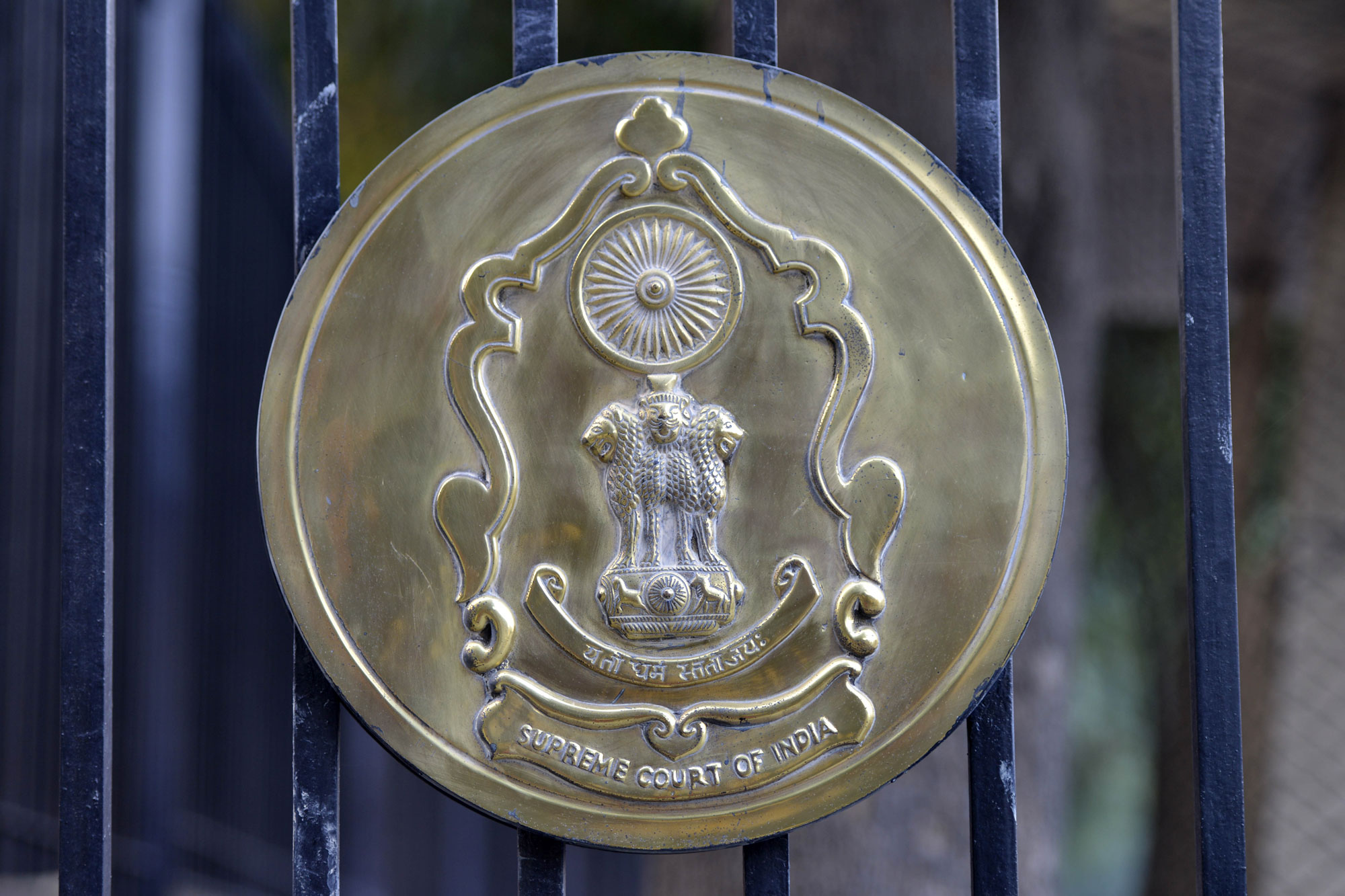The Supreme Court has upheld the conviction of a man who embezzled Rs 38,500 in 1994 while working as a peon with United Commercial Bank, where he was allowed to double as a cashier because of a staff shortage.
In the recent judgment, the apex court also ruled that an extra-judicial confession is admissible in law if the court is satisfied the confession was voluntary.
It noted the finding by the trial court and Himachal Pradesh High Court that accused Ramlal had “submitted his confessional statement” to senior bank officials R.K. Soni and R.C. Chhabra “when they reached the bank for inspection on 23.04.1994”.
“The trial court as well as the high court concurrently held that the confession statements… were voluntarily made and that the same can form the basis for conviction. We do not find any good ground warranting interference with the said concurrent findings,” the bench of Justices R. Banumathi and Indira Banerjee said.
“Rule of prudence does not require that each and every circumstance mentioned in the confession with regard to the participation of the accused must be separately and independently corroborated.”
The apex court, however, reduced Ramlal’s jail sentence from five years to three years “considering the passage of time and the facts and circumstance of the case”.
Ramlal had challenged the high court’s December 2008 verdict endorsing his conviction by the trial court under the Prevention of Corruption Act and penal code sections relating to falsification of documents and criminal breach of trust by a public servant.
His counsel had argued in the top court that Ramlal was innocent and that his confession was an extra-judicial one recorded by his superiors who wielded influence over him. The defence tried to implicate the bank too, citing the lack of any written instruction to Ramalal to do a clerk’s job.
The bank accepted that Ramlal’s job was to clean the office but added that his services were utilised as a clerk to make up for a manpower shortage.
“The appellant shall surrender himself within four weeks... to serve the remaining sentence, failing which the appellant shall be taken into custody,” the apex court judgment said.










